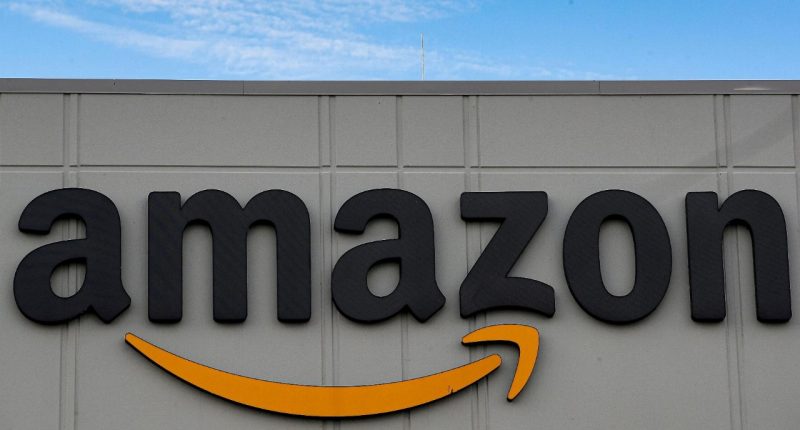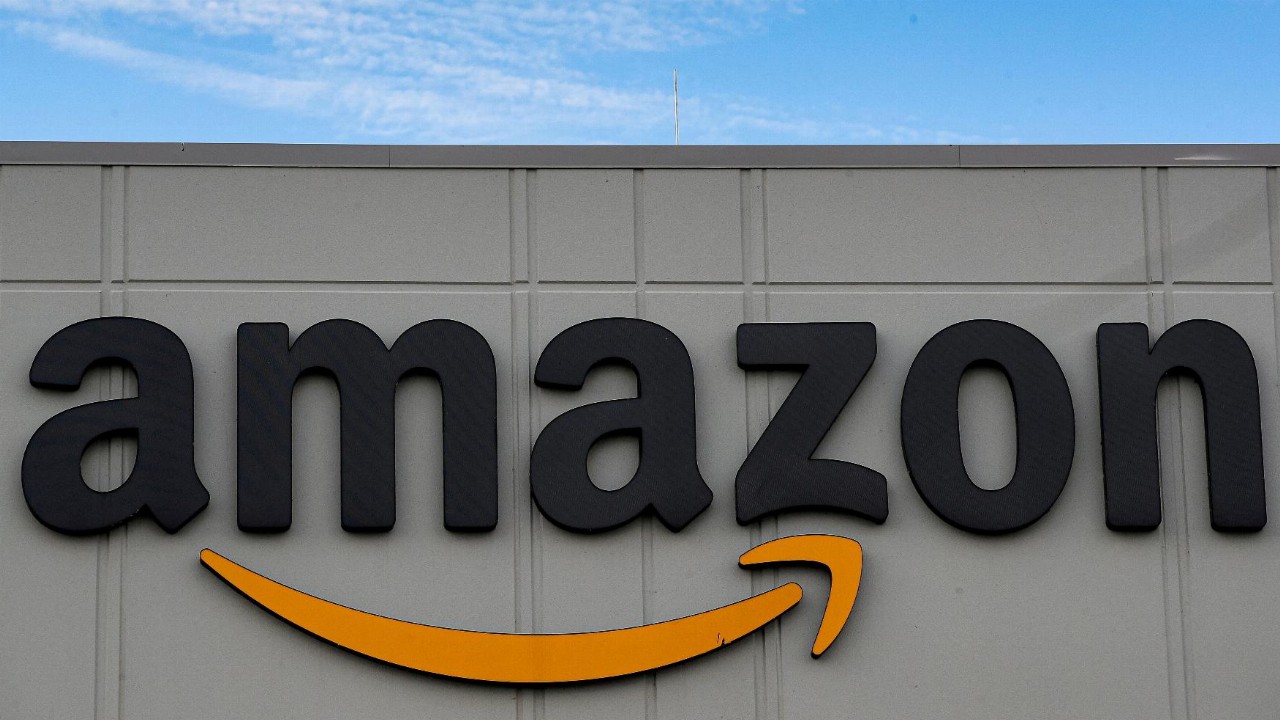- Multinational technology giant Amazon says it will impose an average of five per cent fuel and inflation surcharge on merchants to warehouse and ship their products in the US, in response to worldwide rising costs
- It is Amazon’s first such surcharge and follows months of higher wage and labour-related expenses that have chipped away at the online retailer’s profit
- The surcharge will be effective from April 28 and Amazon will charge an average 24 cents more per unit it stores and ships through its Fulfillment by Amazon (FBA) service
- Amazon said the surcharge is not permanent and insists it is “a mechanism broadly used across supply chain providers”
- The surcharge is only in the US, its biggest market but it did not rule out the possibility in other markets
Amazon said it will impose an average of five per cent fuel and inflation surcharge on merchants to warehouse and ship their products in the US, in response to worldwide rising costs.
It is Amazon’s first such surcharge and follows months of higher wage and labour-related expenses that have chipped away at the online retailer’s profit.
The surcharge will be effective from April 28 and Amazon will charge an average 24 cents more per unit it stores and ships through its Fulfillment by Amazon (FBA) service.
The company wrote in a message to merchants said that the surcharge is not permanent, and insists it is “a mechanism broadly used across supply chain providers”.
“We have experienced significant cost increases and absorbed them, wherever possible, to reduce the impact on our selling partners,” the message said.
“In 2022, we expected a return to normalcy as COVID-19 restrictions around the world eased, but fuel and inflation have presented further challenges.”
So far, Amazon has only announced a surcharge in the US which is its biggest market.
While sellers can avoid the higher cost by shipping goods to customers directly, many rely on FBA for eligibility in Amazon’s fast-delivery club Prime.
Amazon said its fulfillment service “continues to cost significantly less than alternatives”, though did not mention which.







